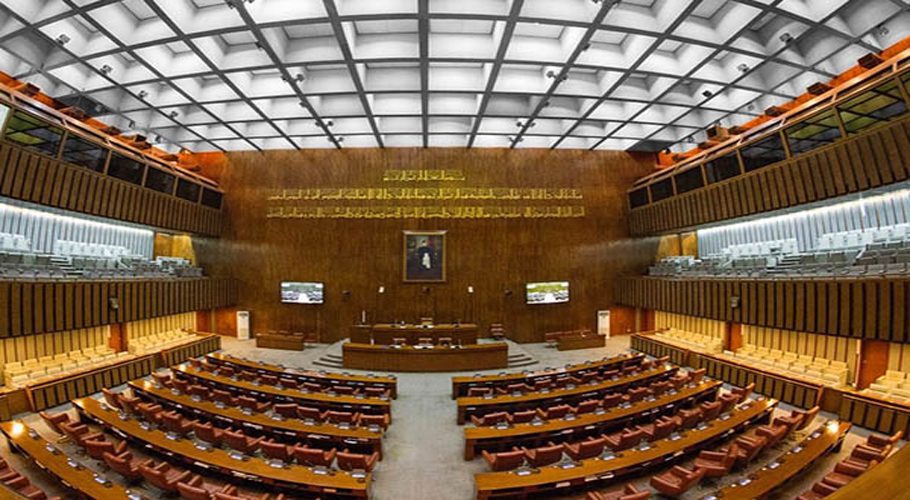The Senate has passed a bill abolishing the death penalty for individuals who shelter those involved in the kidnapping or public stripping of women.
The bill, which amends Pakistan’s criminal laws, was approved by majority vote. Under the new provisions, the death penalty will no longer apply to those who provide refuge to perpetrators of such offenses.
However, the bill states that people who assault women or publically stripping them will be subject to arrest without a warrant. In addition, the bill made the offenses non-bailable and non-compoundable, with punishments including life imprisonment, confiscation of property, and fines.
Opposition Senator Ali Zafar strongly objected to the removal of the death penalty, saying that it should remain in place for those who strip women of their clothing. Senator Samina Mumtaz also opposed the change, saying the reduction in punishment weakens protections for women and appears aimed at appeasing international observers.
In response, Law Minister Senator Azam Nazeer Tarar questioned the assumption that severe punishments deter crime. He said that despite having the death penalty for over 100 offenses in Pakistan, the crime rate continues to rise. In contrast, he noted that European countries have abolished capital punishment and experienced lower crime rates.
He further said that in some cases, false charges—including the stripping of women—are added to disputes such as water conflicts to provoke a death sentence. He emphasized that, according to Islamic principles, the death penalty should only apply to four specific crimes.





































